Where Your Elements Came From
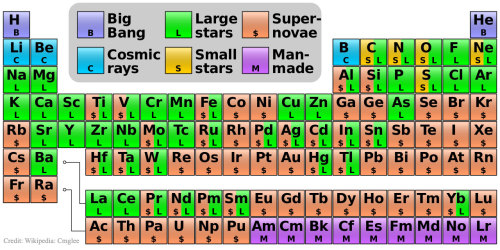
Where Your Elements Came From
(via APOD; Image Credit: Cmglee (Own work) CC BY-SA 3.0 or GFDL, via Wikimedia Commons )
The hydrogen in your body, present in every molecule of water, came from the Big Bang. There are no other appreciable sources of hydrogen in the universe. The carbon in your body was made by nuclear fusion in the interior of stars, as was the oxygen. Much of the iron in your body was made during supernovas of stars that occurred long ago and far away. The gold in your jewelry was likely made from neutron stars during collisions that may have been visible as short-duration gamma-ray bursts. Elements like phosphorus and copper are present in our bodies in only small amounts but are essential to the functioning of all known life. The featured periodic table is color coded to indicate humanity’s best guess as to the nuclear origin of all known elements. The sites of nuclear creation of some elements, such as copper, are not really well known and are continuing topics of observational and computational research.
More Posts from Smartler and Others

For more amazing images and posts about how Astronomy is Awesome, check us out!
http://astronomyisawesome.com/
As always, please feel free to ask questions and we love it when you reblog!
#astronomy #space #nasa #hubble space telescope #nebula #nebulae #galaxy
Video: Bat’s tongue baffles researchers
by Hanae Armitage
Most nectar-feeding animals evolve special quirks (mainly of the tongue) that optimize their eating habits.
But for the groove-tongued bat (Lonchophylla robusta), evolution has dealt a bit of a strange hand. Instead of lapping up or siphoning liquid as other mammals do, this bat hovers over its food source and dips its long, slender tongue into the nectar, keeping contact the entire time it drinks.
Researchers filmed the bat with a high-speed video camera to try to decipher the special tongue mechanism, and watched as the fluid flowed upward along the bat’s tongue, against gravity, and into its mouth.
Today, researchers report in Science Advances that the conveyor belt–like mechanism may actually allow these bats to feed more efficiently from certain types of flowers…
(read more: Science/AAAS)
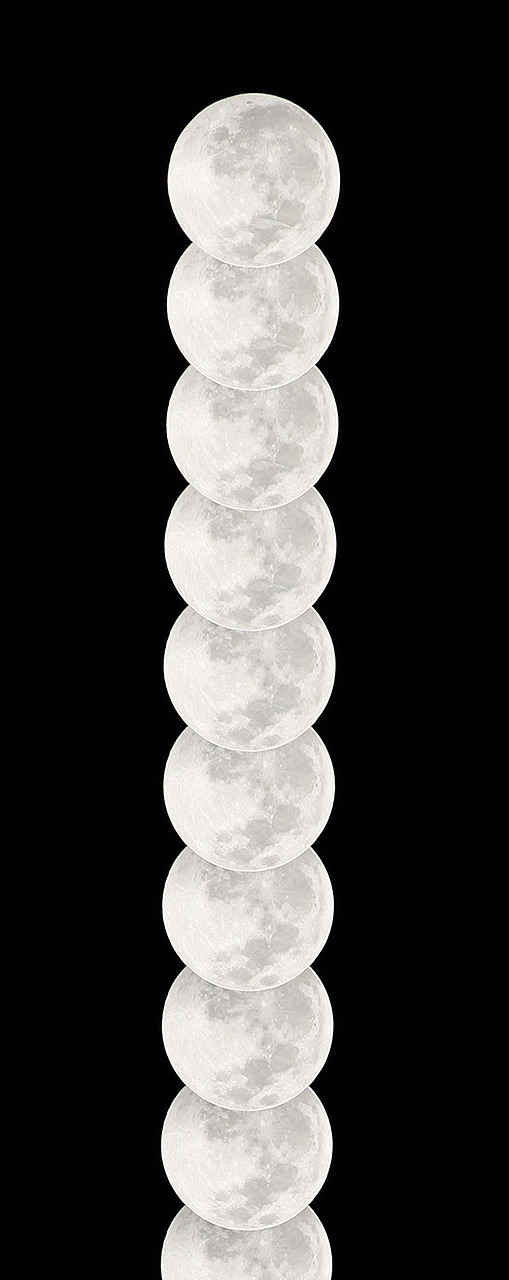

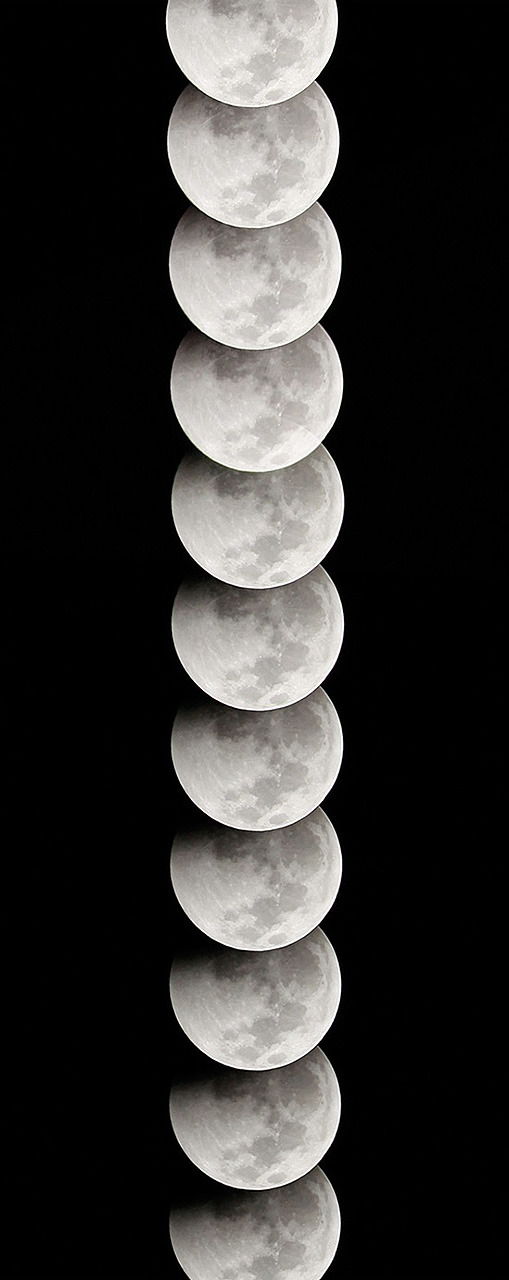
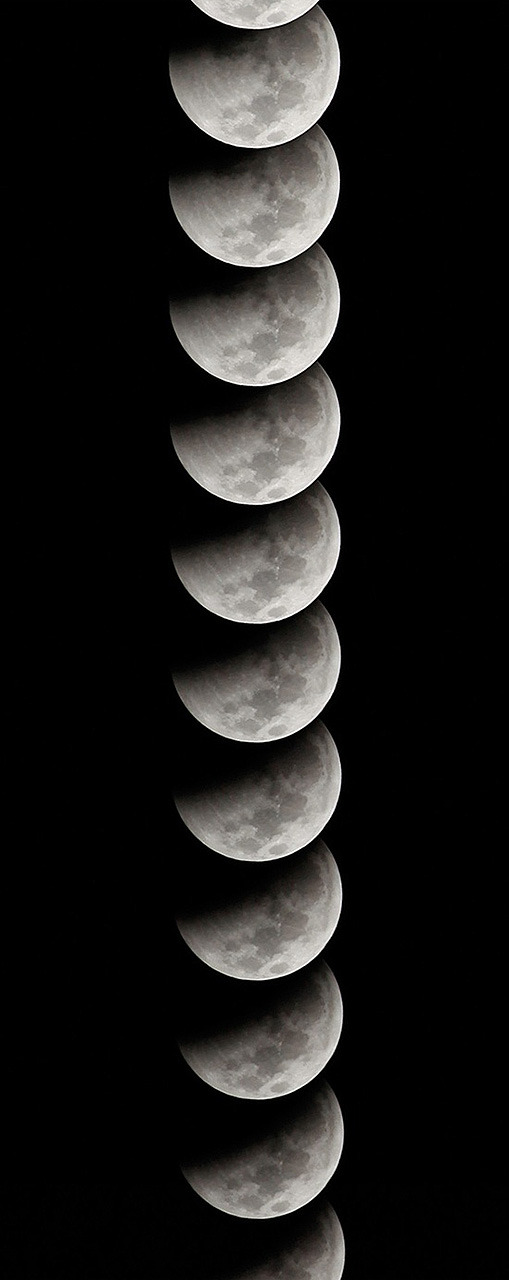

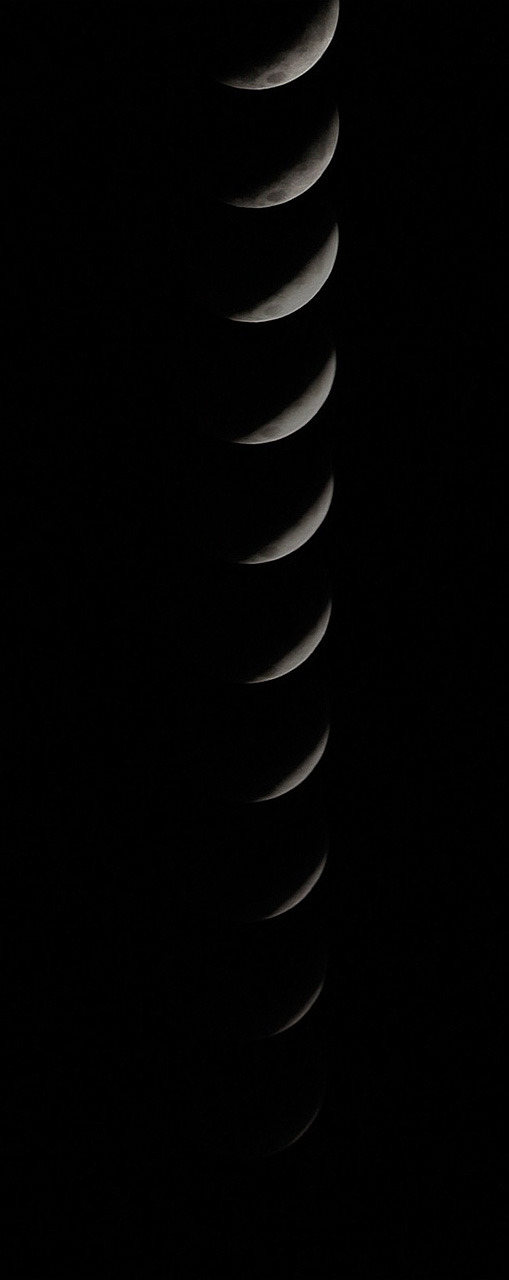
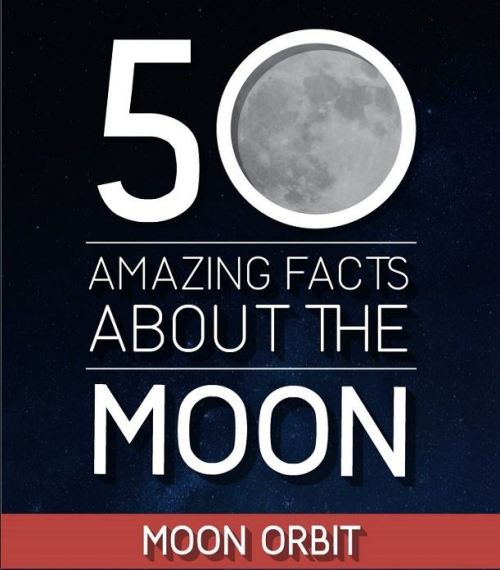
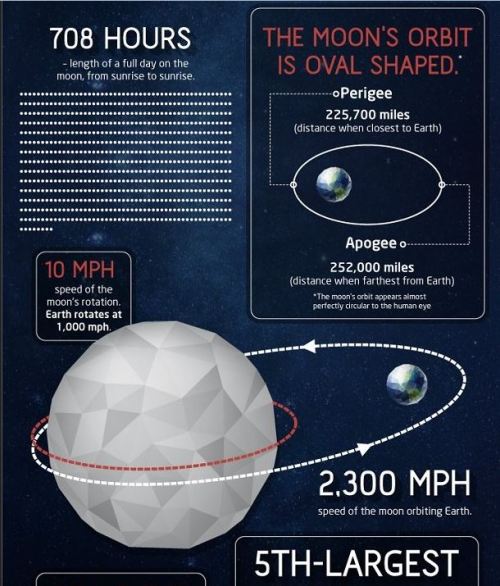
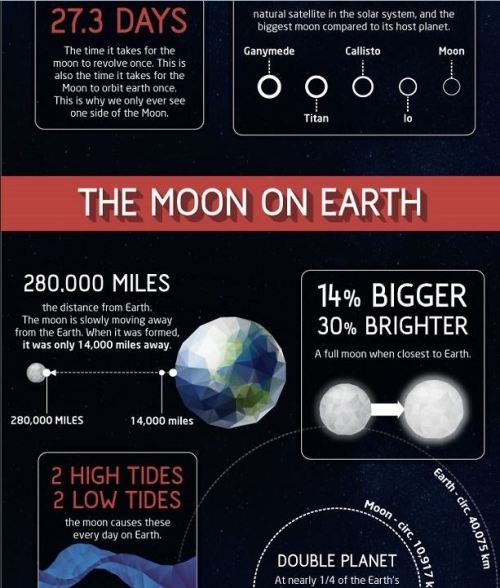
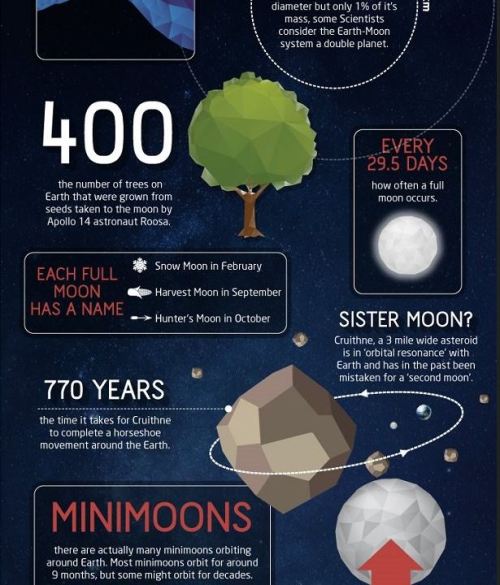
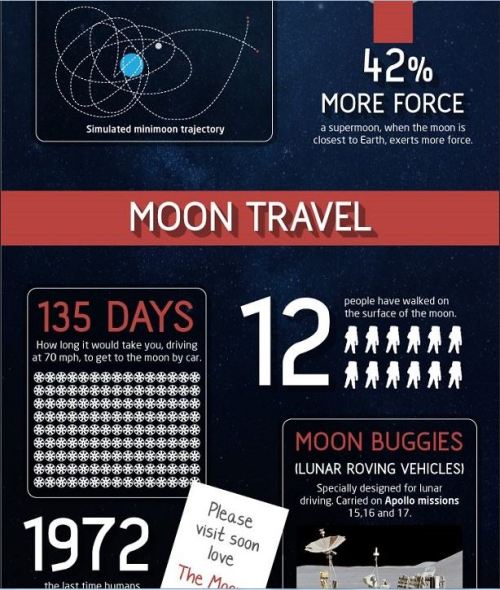
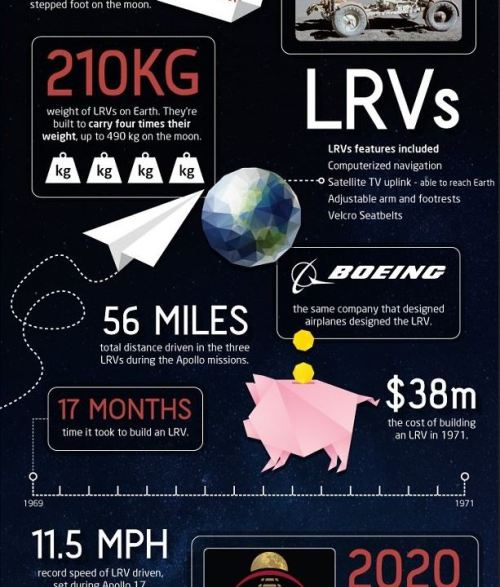
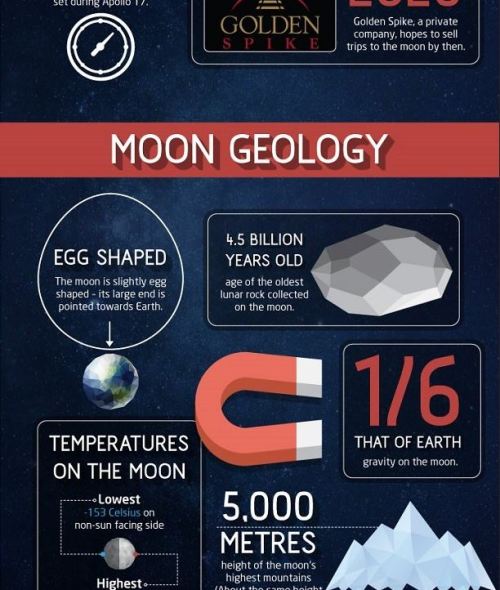
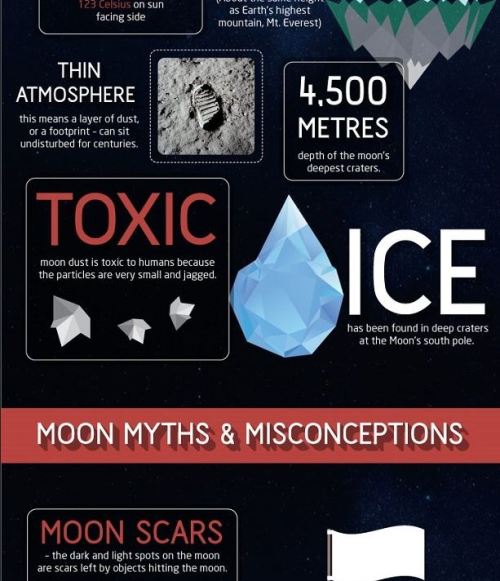
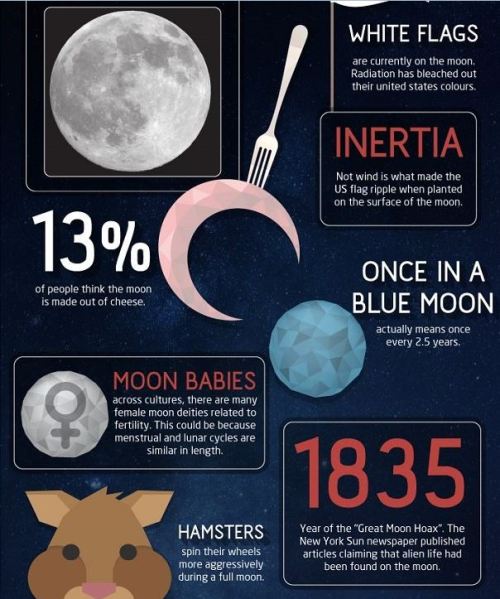
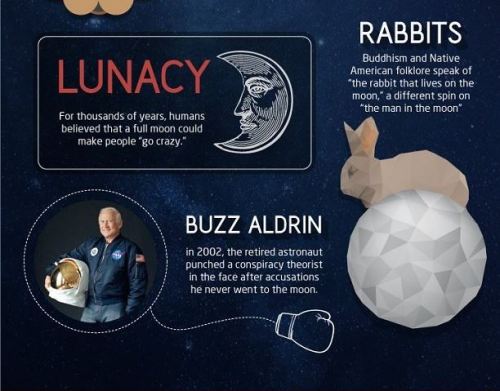
50 Amazing Fact About the Moon
(Source)
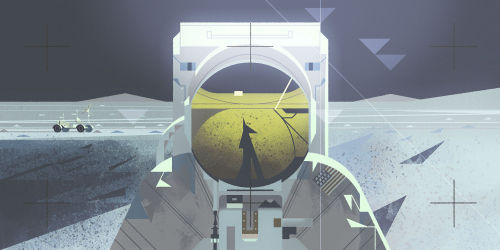
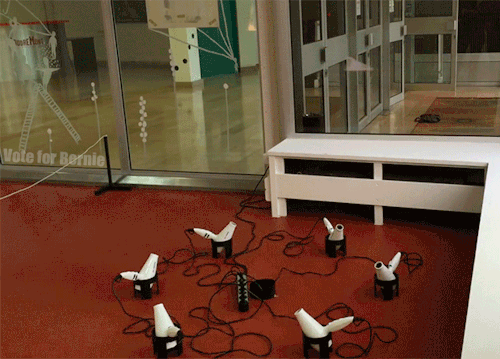
When engineers are bored.
Taylor Swift “The Last Time” (Radio Edit – Premiere)
Submitted by @asapscience
Science is so amazing, but it’s being de-funded around the world. We hope to make a difference with this video:
Your sharing is greatly appreciated.
8 of the world’s most bizarre flowers:
1.) Swaddled Babies

2.) Flying Duck Orchid

3.) Hooker’s Lips Orchid

4.) Ballerina Orchid

5.) Monkey Orchid

6.) Naked Man Orchid

7.) Laughing Bumblebee Orchid

8.) White Egret Orchid

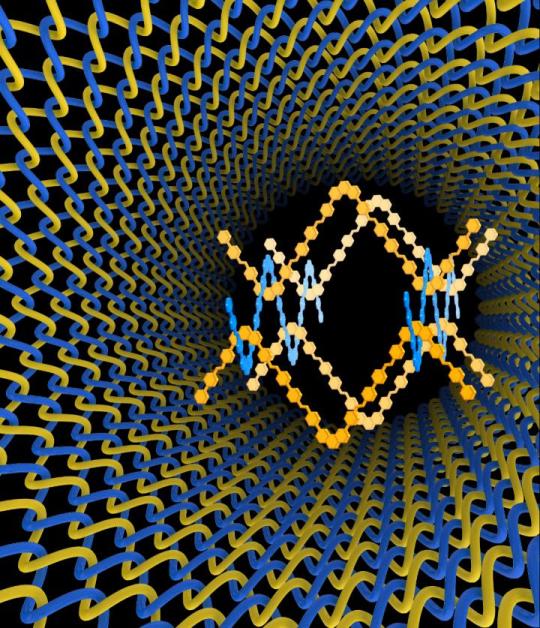
There are many different ways to make nanomaterials but weaving, the oldest and most enduring method of making fabrics, has not been one of them – until now. An international collaboration led by scientists at the U.S. Department of Energy (DOE)’s Lawrence Berkeley National Laboratory (Berkeley Lab) and the University of California (UC) Berkeley, has woven the first three-dimensional covalent organic frameworks (COFs) from helical organic threads. The woven COFs display significant advantages in structural flexibility, resiliency and reversibility over previous COFs – materials that are highly prized for their potential to capture and store carbon dioxide then convert it into valuable chemical products.
“We have taken the art of weaving into the atomic and molecular level, giving us a powerful new way of manipulating matter with incredible precision in order to achieve unique and valuable mechanical properties,” says Omar Yaghi, a chemist who holds joint appointments with Berkeley Lab’s Materials Sciences Division and UC Berkeley’s Chemistry Department, and is the co-director of the Kavli Energy NanoScience Institute (Kavli-ENSI).
“Weaving in chemistry has been long sought after and is unknown in biology,” Yaghi says. “However, we have found a way of weaving organic threads that enables us to design and make complex two- and three-dimensional organic extended structures.”
Continue Reading.
-
 agretgundam reblogged this · 9 years ago
agretgundam reblogged this · 9 years ago -
 ifbitchesbetrippin liked this · 9 years ago
ifbitchesbetrippin liked this · 9 years ago -
 xeltriskal reblogged this · 9 years ago
xeltriskal reblogged this · 9 years ago -
 kphyl liked this · 9 years ago
kphyl liked this · 9 years ago -
 cr0wfiend reblogged this · 9 years ago
cr0wfiend reblogged this · 9 years ago -
 pilottimes reblogged this · 9 years ago
pilottimes reblogged this · 9 years ago -
 pilottimes liked this · 9 years ago
pilottimes liked this · 9 years ago -
 anth0phytes420-blog liked this · 9 years ago
anth0phytes420-blog liked this · 9 years ago -
 machine-wash-cold reblogged this · 9 years ago
machine-wash-cold reblogged this · 9 years ago -
 zincsulfide liked this · 9 years ago
zincsulfide liked this · 9 years ago -
 nootheroption liked this · 9 years ago
nootheroption liked this · 9 years ago -
 sweetest-sight liked this · 9 years ago
sweetest-sight liked this · 9 years ago -
 cherryhillblues liked this · 9 years ago
cherryhillblues liked this · 9 years ago -
 uss-xanadu liked this · 9 years ago
uss-xanadu liked this · 9 years ago -
 loveandkickflipss liked this · 9 years ago
loveandkickflipss liked this · 9 years ago -
 dreams-of-valhalla liked this · 9 years ago
dreams-of-valhalla liked this · 9 years ago -
 xaidread reblogged this · 9 years ago
xaidread reblogged this · 9 years ago -
 denverdeathgrip reblogged this · 9 years ago
denverdeathgrip reblogged this · 9 years ago -
 denverdeathgrip liked this · 9 years ago
denverdeathgrip liked this · 9 years ago -
 helloimmrburns reblogged this · 9 years ago
helloimmrburns reblogged this · 9 years ago -
 helloimmrburns liked this · 9 years ago
helloimmrburns liked this · 9 years ago -
 chalkrevelations reblogged this · 9 years ago
chalkrevelations reblogged this · 9 years ago -
 extrasolar-rat-mama-blog reblogged this · 9 years ago
extrasolar-rat-mama-blog reblogged this · 9 years ago -
 mr-agent-mulder reblogged this · 9 years ago
mr-agent-mulder reblogged this · 9 years ago -
 effervescxnt-hxdonist liked this · 9 years ago
effervescxnt-hxdonist liked this · 9 years ago -
 24zallurabbits liked this · 9 years ago
24zallurabbits liked this · 9 years ago -
 teeny-weeny-lester-blog reblogged this · 9 years ago
teeny-weeny-lester-blog reblogged this · 9 years ago -
 drhoz liked this · 9 years ago
drhoz liked this · 9 years ago -
 jellhee reblogged this · 9 years ago
jellhee reblogged this · 9 years ago -
 papushon liked this · 9 years ago
papushon liked this · 9 years ago -
 dimascio11-blog liked this · 9 years ago
dimascio11-blog liked this · 9 years ago -
 thirdtimecharmed reblogged this · 9 years ago
thirdtimecharmed reblogged this · 9 years ago -
 aspiringspacepirate reblogged this · 9 years ago
aspiringspacepirate reblogged this · 9 years ago -
 from-dust-of-stars liked this · 9 years ago
from-dust-of-stars liked this · 9 years ago -
 sexypinkon liked this · 9 years ago
sexypinkon liked this · 9 years ago -
 shadowyjellyfishman reblogged this · 9 years ago
shadowyjellyfishman reblogged this · 9 years ago -
 shrimpyshrimperson liked this · 9 years ago
shrimpyshrimperson liked this · 9 years ago